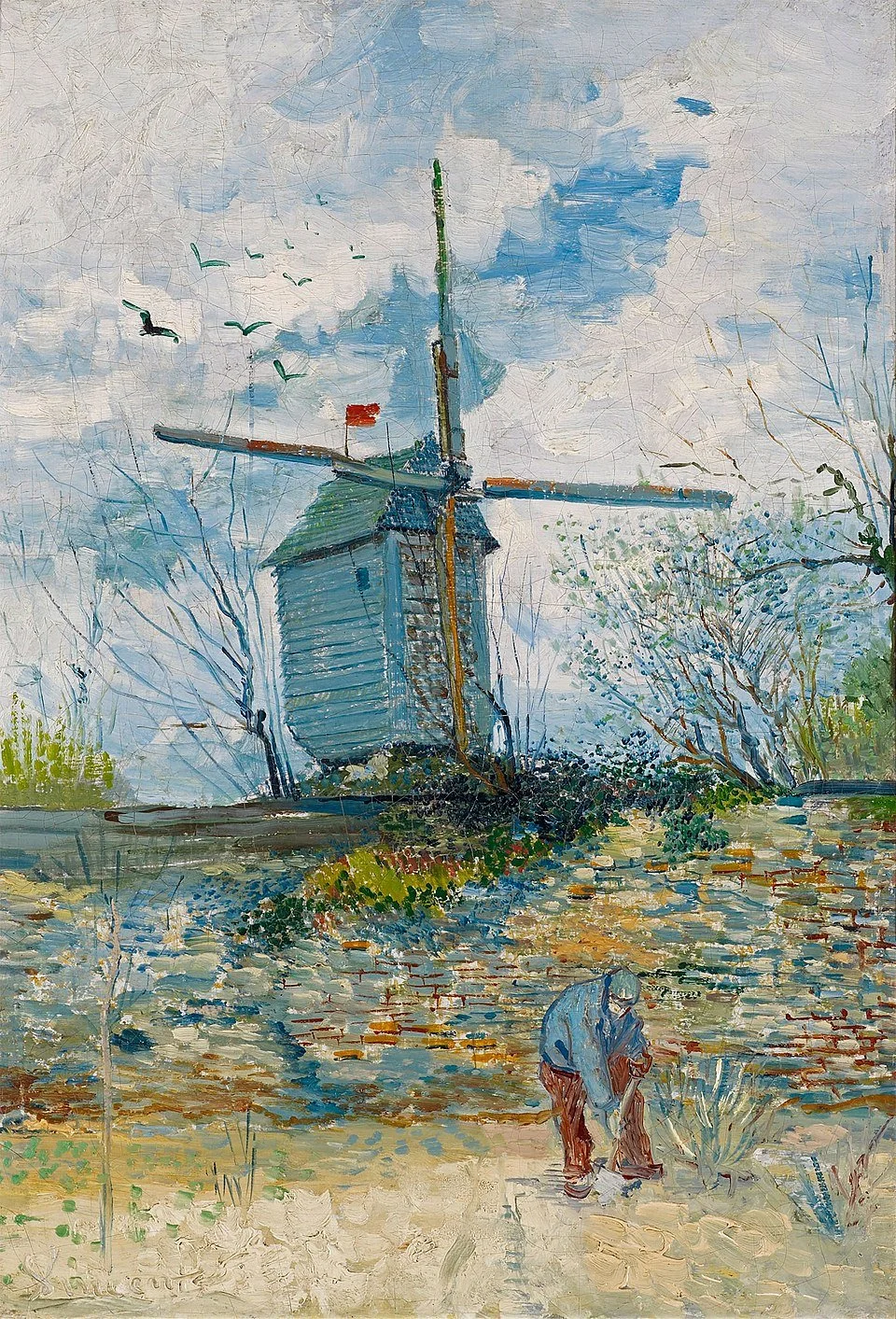Seneca on time
Time is our most valuable resource because it’s both finite and uncertain; we don’t know how much of it we have left and we can’t reclaim what has already passed. Yet, the value of time is often overlooked. As the Stoic philosopher Seneca notes:
“People are frugal in guarding their personal property; but as soon as it comes to squandering time they are most wasteful of the one thing in which it is right to be stingy.”
While it may seem obvious that we should spend our time in meaningful ways, some argue that doing so is pointless—why bother with anything inconvenient, difficult, or even useful if we’re bound to die anyways? But this perspective is short-sighted and ultimately backfires; wasting time makes us feel unhappy and regretful.
Seneca explores these themes in depth in his work On the Shortness of Life. He provides useful insights into why we shouldn’t squander our time and how to make the most of it.
Why time passes so quickly
Often, we only notice the passage of time when things go wrong, like when our bodies stop working the way they used to or when we’re unhappy in the present.
Paradoxically, time seems fleeting because we live as though it is infinite. Once we remember that our time isn’t infinite (because we will die), we feel we don’t have enough of it. Seneca says:
“You are living as if destined to live for ever; your own frailty never occurs to you; you don’t notice how much time has already passed, but squander it as though you had a full and overflowing supply – though all the while that very day which you are devoting to somebody or something may be your last.”
This lack of awareness often leads us to waste our days on trivial pursuits—like excess leisure, drunkenness, idleness, greed, or violence, according to Seneca—under the implicit assumption that there will always be more time. To counteract this, Seneca encourages reflection.
***
For a brief interlude…check out these articles for more insights + subscribe to my newsletter:
The role of reflection
The Stoics embraced the concept of “Memento mori,” which means “remember you must die.” Reflecting on our mortality reminds us of that life is fleeting. And when we remember that life is fleeting, we begin to realize the activities and pursuits that are wasteful and the ones that are meaningful.
In this way, reflection on morality and time can guide us to purposeful and fulfilling activities and lives.
Think about how you spent your day yesterday. Do you feel satisfied or regretful, and which activities made you feel this way? If you continued on this path, what would your life look like in six months or five years? Would you be happy with your choices, or would you wish you had spent your time differently?
Quality over quantity
Seneca makes a crucial distinction between existing and living. While existing is simply the amount of time we’ve spent on earth, a long life is measured by its quality. He says:
“You must not think a man has lived long because he has white hair and wrinkles: he has not lived long, just existed long.”
Age is just a number. It’s up to us to fill our days with meaningful experiences, learnings, and relationships that enrich our lives. That way, we’re really making the most of our time on earth.
Once we dedicate our days to meaningful activities—when we put nothing off—we start feeling fulfilled. We stop yearning for more time. As Seneca points out:
“It is not that we have a short time to live, but that we waste a lot of it. Life is long enough, and a sufficiently generous amount has been given to us for the highest achievements if it were all well invested.”
This is why it’s crucial to guard our time.
Don’t delay what matters
Delaying important decisions and actions is one of the greatest mistakes we can make because the future is never guaranteed. We could die tomorrow. As Seneca notes, “Putting things off is the biggest waste of life: it snatches away each day as it comes, and denies us the present by promising the future.”
Instead, we need to live meaningfully now while we’re alive:
“You will hear many people saying: ‘When I am fifty I shall retire into leisure; when I am sixty I shall give up public duties.’ And what guarantee do you have of a longer life? Who will allow your course to proceed as you arrange it? Aren’t you ashamed to keep for yourself just the remnants of your life, and to devote to wisdom only that time which cannot be spent on any business?” — Seneca
A worthy aim
What does Seneca think is a good use of time? He advocates for studying philosophy, contemplating life and death, and strengthening our character and virtue. He says:
“In this kind of life you will find much that is worth your study: the love and practice of the virtues, forgetfulness of the passions, the knowledge of how to live and die, and a life of deep tranquillity.”
More generally, pursuing self-actualization (realizing your full potential) and working towards something not for the sake of achieving the end goal but for the process of developing is a worthy use of time.
If you liked this post, check out these:
The interconnectedness of the world and time
3 reasons why time passes so quickly and how to slow it down












